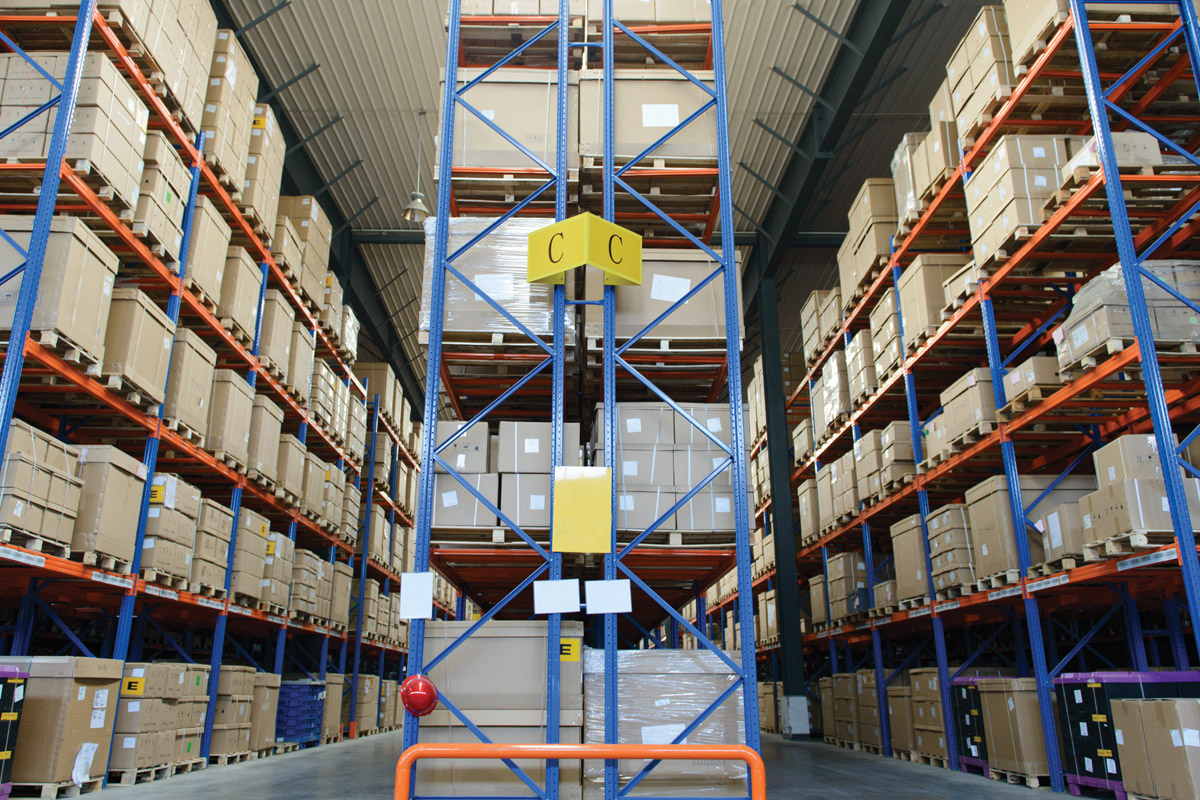Short No Longer

Pool service chemicals now readily available
Shortages of pool service chemicals, factory fires and record-breaking freezes. Only a few years ago, these were the realities throughout the pool service industry — all while demand for new pools increased during the pandemic.
The issues weren’t all pandemic-related, however. In August of 2020, a BioLab plant in Louisiana caught fire in the aftermath of Hurricane Laura. The plant accounted for about 70% of chlorine tablet production in the U.S. and was the catalyst for the nationwide chlorine shortage.
Only a few months later in February of 2021, the Dallas area was hit by Winter Storm Uri, the worst winter storm Texas had seen in decades. Freezing temperatures, coupled with the loss of power and water, caused widespread damage to swimming pool PVC pipes and infrastructure.
In January of 2022, a non-weather-related fire in New Jersey affected Qualco, another key chemical plant, and resulted in the loss of 100,000 pounds of chlorine tablets.
The industry has faced many crises over the years, but “this was unprecedented,” says David Hawes, president of H & H Pool Services in Dublin, California, and a former president/CFO of the Independent Pool and Spa Service Association.
Fortunately, the industry enjoyed a banner year in 2022 and is on pace for another despite inflation. BioLab reopened its $250 million, newly rebuilt facility this past November in time to support the 2023 season, which alleviates remaining shortage concerns.
“While I don’t have enough [chlorine] in my possession at the moment [in April for the upcoming season], there is no reason that stock will die out,” says Gary Roberts, owner/operator of Spectrum Pools in San Diego.
Despite the optimistic outlook for the coming season, Hawes plans to remember the lessons he learned during the past few years, one of which was keeping up with industry trends.
“Because of the size of my company, I try to forecast way out there,” he says. “As soon as we started getting wind of chemical shortages, I went out and bought everything I could find — going to Costco and membership stores and even Lowe’s. They probably never sold as many chlorine tablets as they did during that time.”
Mike Coggins, the owner of All Seasons Pool Service in Petaluma, California, can relate. “I did some of that [scavenging], too,” he recalls.
The necessity of sourcing alternative suppliers was another lesson learned. According to Coggins, pumps were also in short supply; although he had a good, long-term relationship with his previous supplier, they just couldn’t keep up with the demand.
Having a working pot of capital is helpful to “stock up on pallets of tablets and pumps and whatever you can get your hands on,” Hawes says, but it’s also critical for owners to expand their relationships with colleagues not only locally but throughout the U.S.
“The Texas freeze resulted in a severe shortage of parts that they needed for all their equipment,” he says. “I had a friend that I shipped a number of parts to that they couldn’t get in Texas. It was horrendous.”
That, and the barrage of desperate phone calls and emails from pool owners, prompted Texas pool companies to ramp up client education. Some, like Riverbend Sandler Pools in the Dallas-Fort Worth area, added blogs with tips on “Maintaining Your Pool After Freezing Conditions” and “Winterization Procedures” as one preemptive solution.
With BioLab reopening and HASA in California increasing liquid production, the supply of chemicals is meeting demand.
“We seem to have plenty of everything, a couple of pocket shortages on maybe some specific things, but I think everyone’s entering the season this year in a much better position to find and purchase what they need,” Hawes says.
The cost of these chemicals remains high, however, due to the persistent inflation gripping the economy and several price increases.
“Prices go up every year, as everybody who has been in the industry for any time knows,” Hawes says. “You have to prepare for the inevitable.” Although he expects some prices, such as chemical tablets, will come down a bit, he doesn’t see them necessarily decreasing for liquid chlorine as the cost of raw materials is going up.
Today, the outlook for the pool service industry through the end of the year is good.
“We’re on pace here, right now, to beat last year … I’m cautiously optimistic,” Hawes says.






